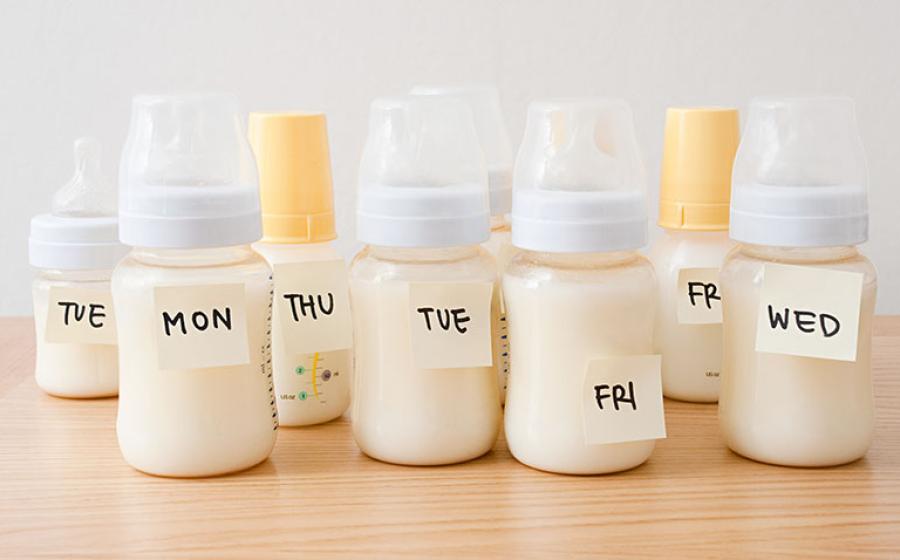
- Breast milk samples were taken from 34 healthy mothers
- Microplastics were detected in 75% of them
Raising a grave concern, a group of researchers said they found microplastics in human breast milk. Since breastfeeding is by far the best way to feed a baby, experts notified they are worried about the health of the infant, who are especially vulnerable to chemical contaminants.
The breast milk research, published in the journal Polymers, found microplastics composed of polyethylene, PVC and polypropylene, which are all found in packaging.
For the study, breast milk samples were taken from 34 healthy mothers, a week after giving birth in Rome, Italy. Microplastics were detected in 75% of them, a report by The Guardian stated and further added, “Previous research has shown toxic effects of microplastics in human cell lines, lab animals and marine wildlife but the impact on living humans remains unknown. Plastics often contain harmful chemicals, such as phthalates, which have been found in breast milk before."
Mothers’ consumption of food and drink in plastic packaging and of seafood, as well as the use of plastic-containing personal hygiene products has no correlation with the presence of microplastics, scientists pointed out, adding that this points to the ubiquitous presence of microplastics in the environment “makes human exposure inevitable".
The Italian team identified microplastics in human placentas in 2020. “So the proof of microplastics’ presence in breast milk increases our great concern for the extremely vulnerable population of infants," said Dr Valentina Notarstefano, at the Università Politecnica delle Marche, in Ancona, Italy.
“It will be crucial to assess ways to reduce exposure to these contaminants during pregnancy and lactation," she said. “But it must be stressed that the advantages of breastfeeding are much greater than the disadvantages caused by the presence of polluting microplastics. Studies like ours must not reduce breastfeeding of children, but instead raise public awareness to pressure politicians to promote laws that reduce pollution."
While specific microplastic risk factors were not identified in this small study, Notarstefano said: “We would like to advise pregnant women to pay greater attention to avoiding food and drink packaged in plastic, cosmetics and toothpastes containing microplastics, and clothes made of synthetic fabrics."
The research also shows that infants who are bottle-fed are likely to be swallowing millions of microplastics a day and that cow’s milk can contain microplastics.

